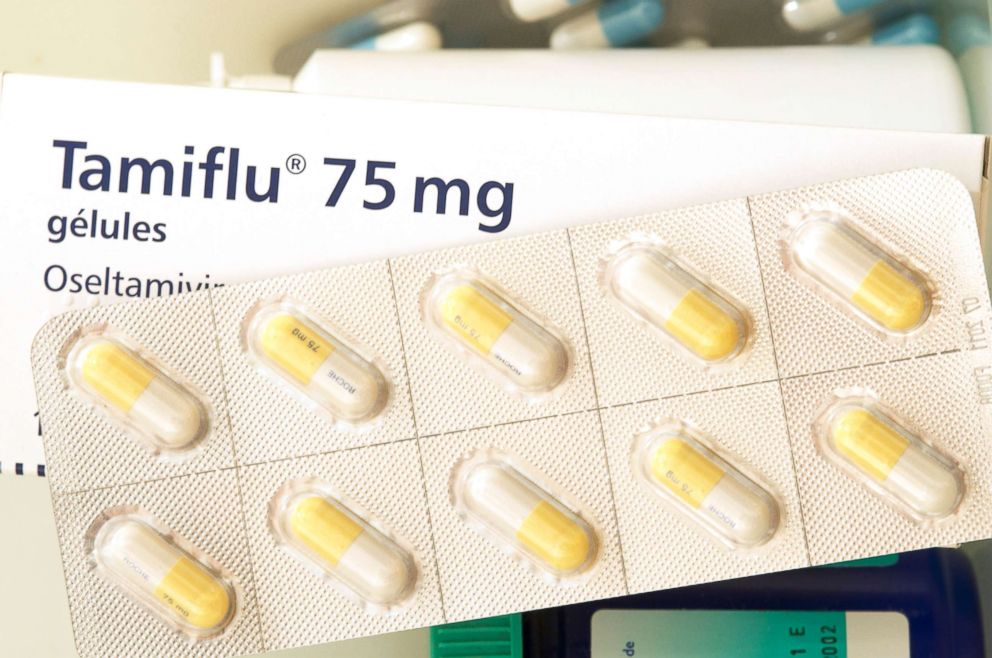A new drug that its makers say will kill the flu virus in just a day, called Xofluza, just received a fast-tracked approval that could bring it to store shelves in Japan by May.
Interested in Flu Season?
Add Flu Season as an interest to stay up to date on the latest Flu Season news, video, and analysis from ABC News.
The drug, which has generic name baloxavir marboxil, promises to be more advanced than Tamiflu, or oseltamivir — the existing drug used to treat flu.
Both drugs work to shorten the duration of flu symptoms by a couple of days. Taking Xofluza won’t end symptoms any sooner. Xofluza, however, promises to deactivate the flu virus in the human body as quickly as 24 hours after it’s taken.
 STOCK PHOTO/Getty Images
STOCK PHOTO/Getty Images
While existing treatment plans suggest taking antiflu drugs repeatedly over the course of five days, Xofluza is one pill, taken only once.
Though the patient’s experience of the flu will be the same, this means that after that one dose and one day, patients would no longer be infectious. That could be a game-changer in terms of spreading the flu to others.
The Japanese firm that makes Xofluza, Shionogi, received the fast-tracked approval from Japan’s health ministry to make and sell it there. The drug may not be available to buy in Japan until May, though, because no price has been set by the country’s national insurer.
Roche, the drug manufacturer that makes Tamiflu, is already working with Shionogi and another drugmaker on trials in the U.S.
“We believe Shionogi’s innovative influenza compound, combined with Roche and Genentech’s experience and expertise in influenza, will ideally position us to address the unmet need of influenza patients,” the company told ABC News, referring to their positive trial results and the goal of killing the flu virus within a day.
Roche added that the new drug offers “the potential to reduce transmission from one person to the other.”
Though some late-stage drug trials are in progress, the drug has yet to be approved by the FDA for sale in the U.S. The soonest it could be offered would be the 2018 to 2019 flu season, if approval comes this year.
For a country rocked by the intense flu season that may not conclude until April, it offers hope that there might soon be a new weapon against the common, killer disease.




